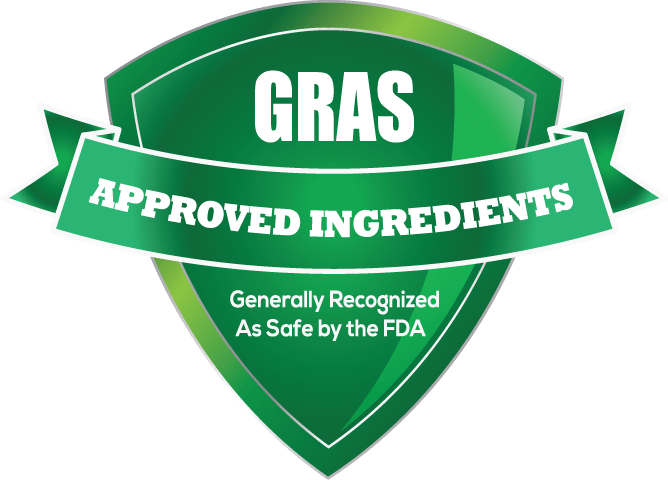GRAS is an acronym for Generally Recognized as Safe. This is a designation made by the US Food and Drug Administration (FDA) that means the food additives added to a food product are considered to be safe and exempted from the usual Federal Food, Drug, and Cosmetic Act (FFDCA) food additive tolerance requirements.
Before a substance can be added to a food item in the US, it has to obtain a generally recognized as safe (GRAS) status. There are two separate routes for obtaining GRAS recognition: a GRAS Notification submission to the FDA, where the government issues a letter after an assessment, or a Self GRAS Determination where the FDA is not involved and the stakeholder is responsible for verifying safe use with the review of an expert panel.
In short, GRAS status means that although a specific food additive has not been formally evaluated by the U.S. Food and Drug Administration (FDA) it is generally recognized as safe on the basis of long experience in its use or the testimony of experts. Such additives are thought not to cause harm when it is consumed.
Critics claim that GRAS allows food companies to circumvent the FDA and to introduce dangerous ingredients into the food supply. Proponents insist that without the system products would get caught in bureacratic deadlock and never get to market.
Below are some helpful links to GRAS resources as well as a video that provides an overview (if somewhat biased) outline of what the GRAS designation means:
Some helpful GRAS links:
- US FDA Generally Recognized as Safe (GRAS) overview page
- GRAS at Wikipedia
- Court allows challenge to FDA’s GRAS rule to move forward
- FDA’s inventory of GRAS notices


